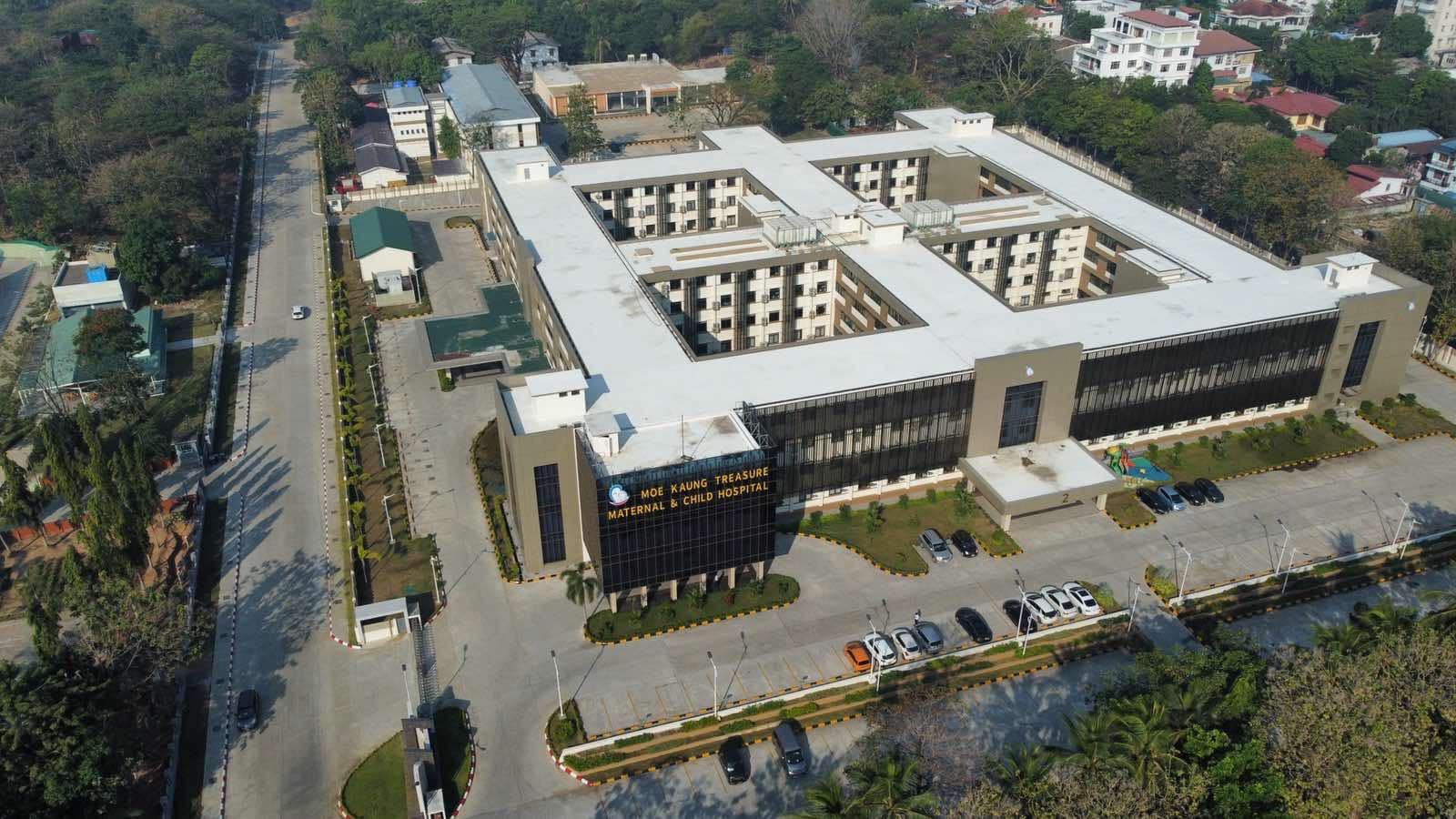In its latest move to reduce the budget deficit, Myanmar’s cash-strapped military regime has ordered private hospitals to make sure contracted medics and employees pay income tax.
The “pre-tax” system, which will apply to service fees charged by contracted healthcare practitioners and technicians working at private hospitals, will take effect on September 1, the junta’s ministry of finance and planning announced on August 25.
Hospitals hiring medics working on a fee-for-service basis will be responsible for collecting the taxes when honorarium payments are made and submitting the sum to the Internal Revenue Department (IRD) within 15 days, according to the announcement.
The IRD will later deduct the pre-taxes from each medic’s annual taxes, it added.
The system will not affect full-time hospital staff including permanent doctors and nurses, who will continue paying income tax out of their monthly salary as before.
The move aims to ensure the government receives income taxes due to state funds, and to prevent tax evasion, said the IRD. Some private hospitals in Yangon said they have not yet received the tax-deduction order.
People have criticized the move, saying it will only increase the burden on patients amid surging prices of pharmaceuticals due to kyat’s collapse against the dollar. Myanmar relies heavily on imports to meet domestic demand for pharmaceuticals.
Hospitals may respond by raising the fees charged to patients to pay the tax on private doctors, people say.
Min Aung Hlaing has frequently urged his ministers to ensure the regime receives all tax revenues due – a sign that the nationwide boycott on payments for public services of any kind, including utilities, is taking a toll on the junta.

Over the past few months, the regime has made a series of moves to prop up its coffers, starting with an online raffle after revenue from the Aung Bar Lay state lottery plummeted due to a widespread boycott. Then came mandatory registration for online vendors as it sought to levy tax on the thriving e-commerce industry. Recently, it offered rewards for people who inform authorities about businesses that do not issue receipts for commercial tax charged to customers.
Now, it is the turn of medics working privately at hospitals.
The moves come amid a worsening dollar shortage after the US imposed sanctions against two junta-controlled banks that function as foreign currency exchange businesses and supply the regime with greenbacks it needs to buy weapons and aviation fuel. Another blow came in August when Singapore’s United Overseas Bank decided to restrict all payments to and from Myanmar accounts.

















